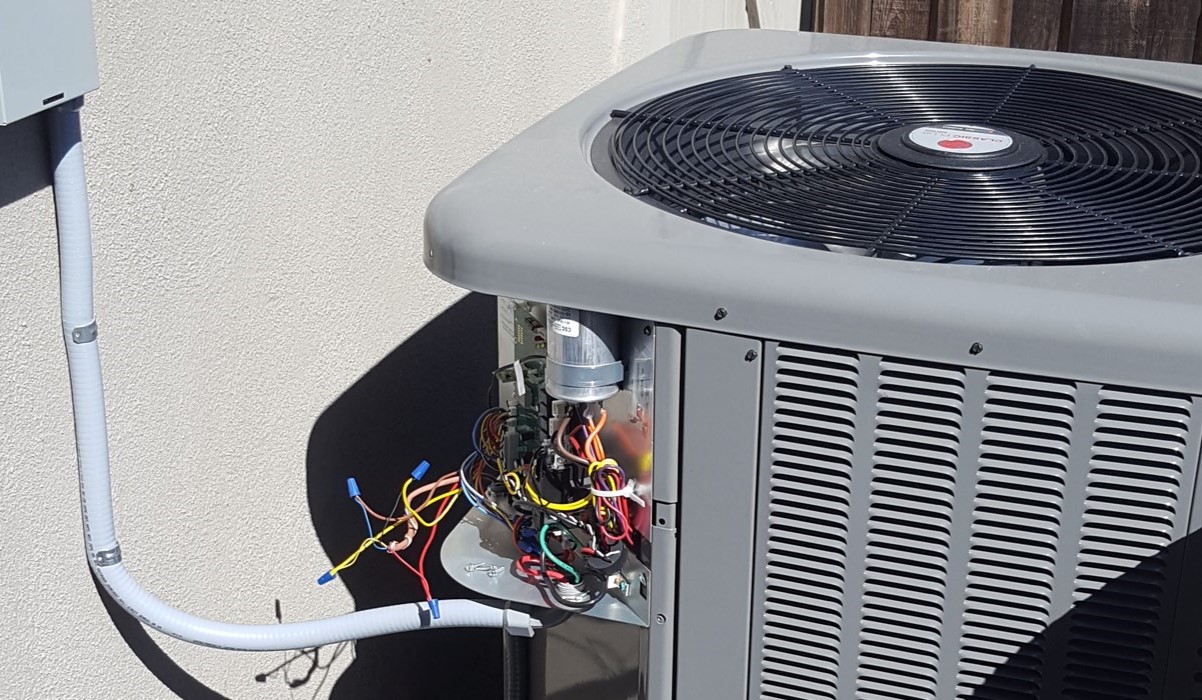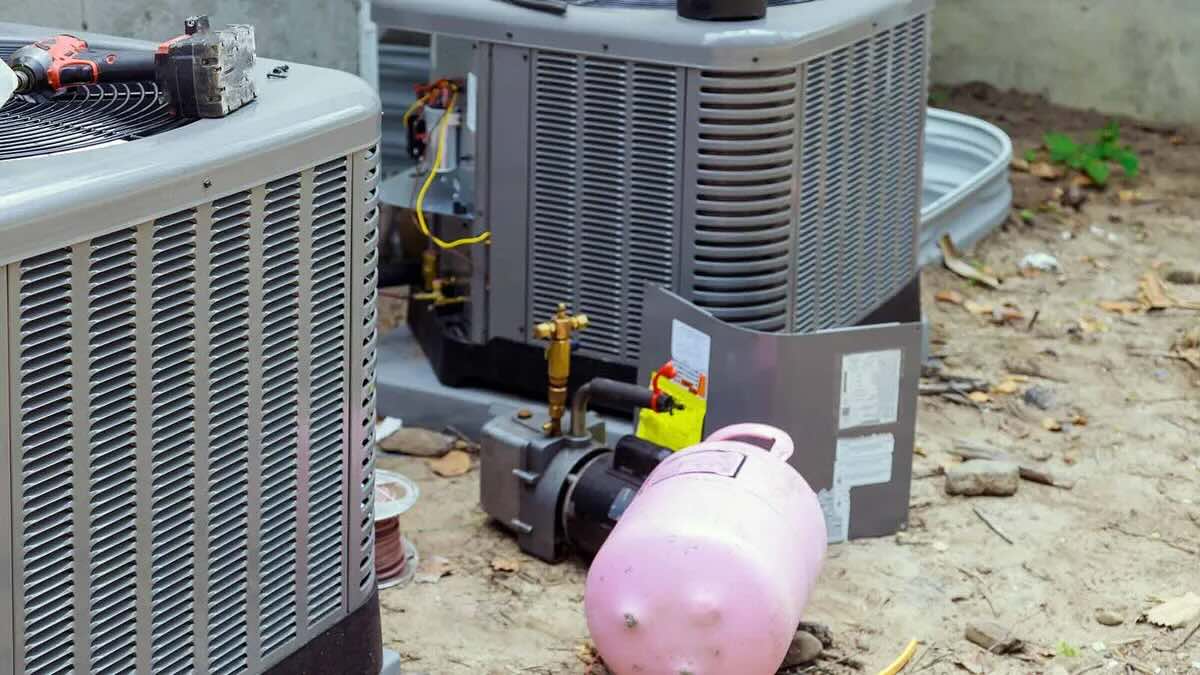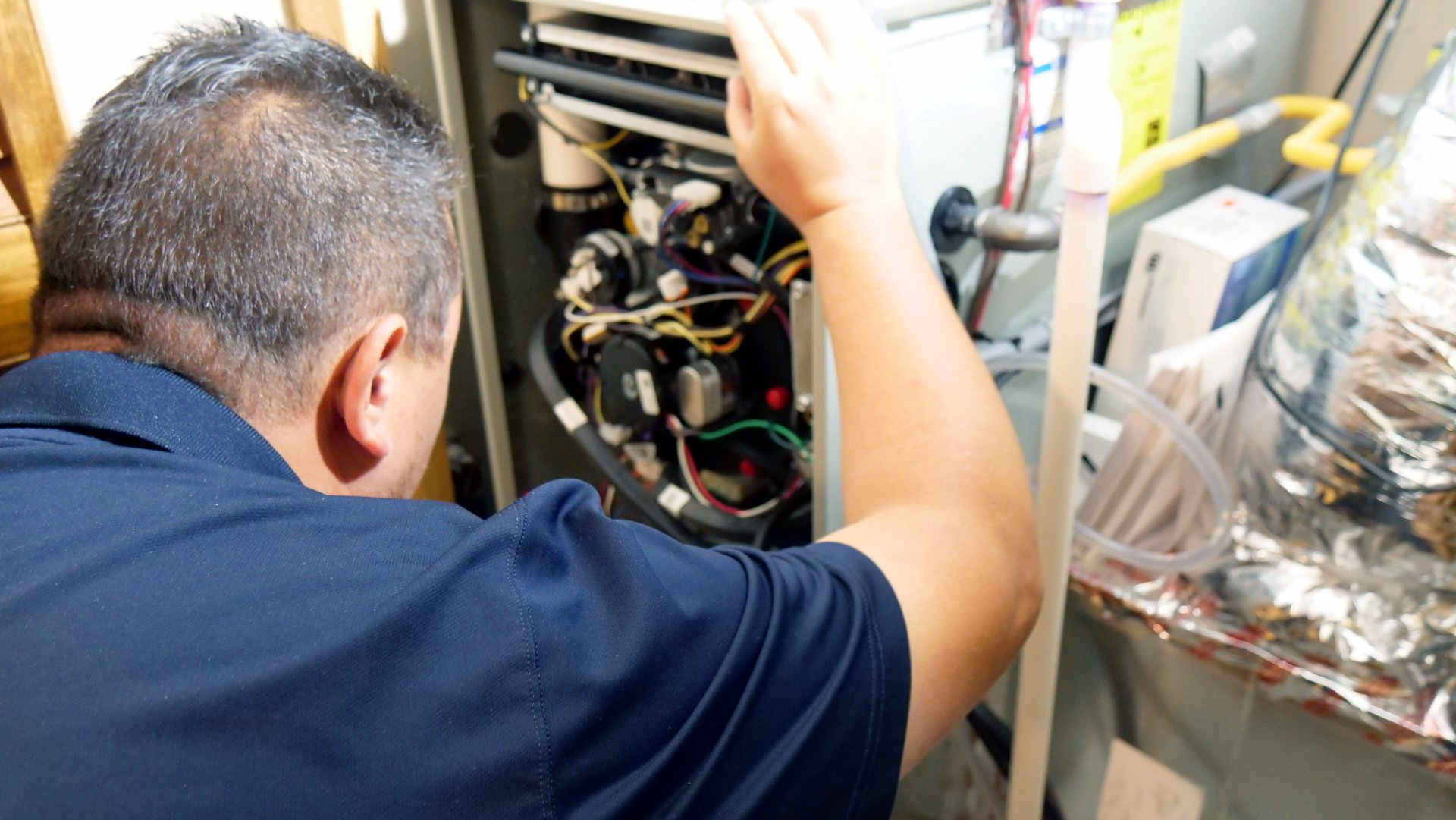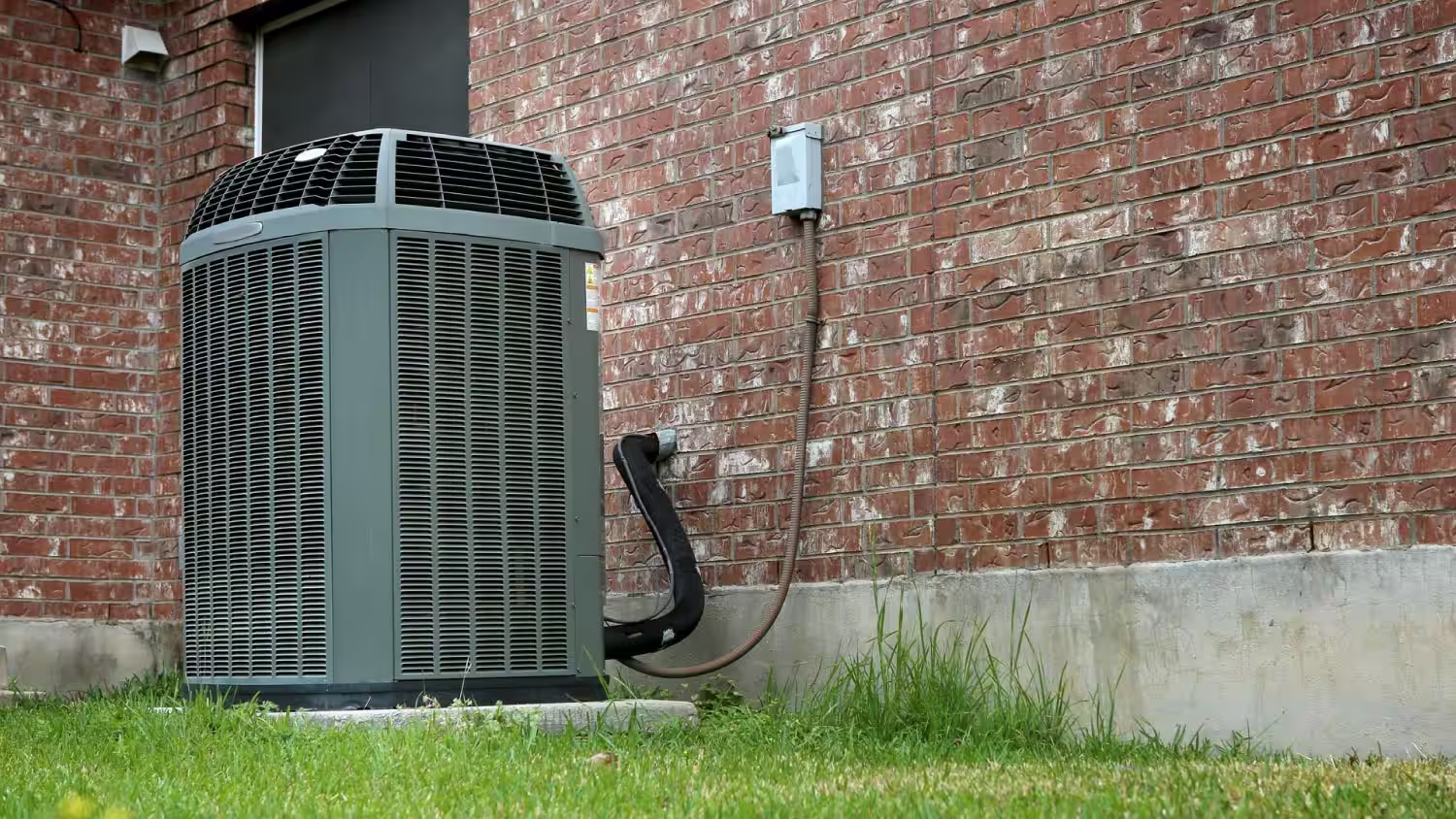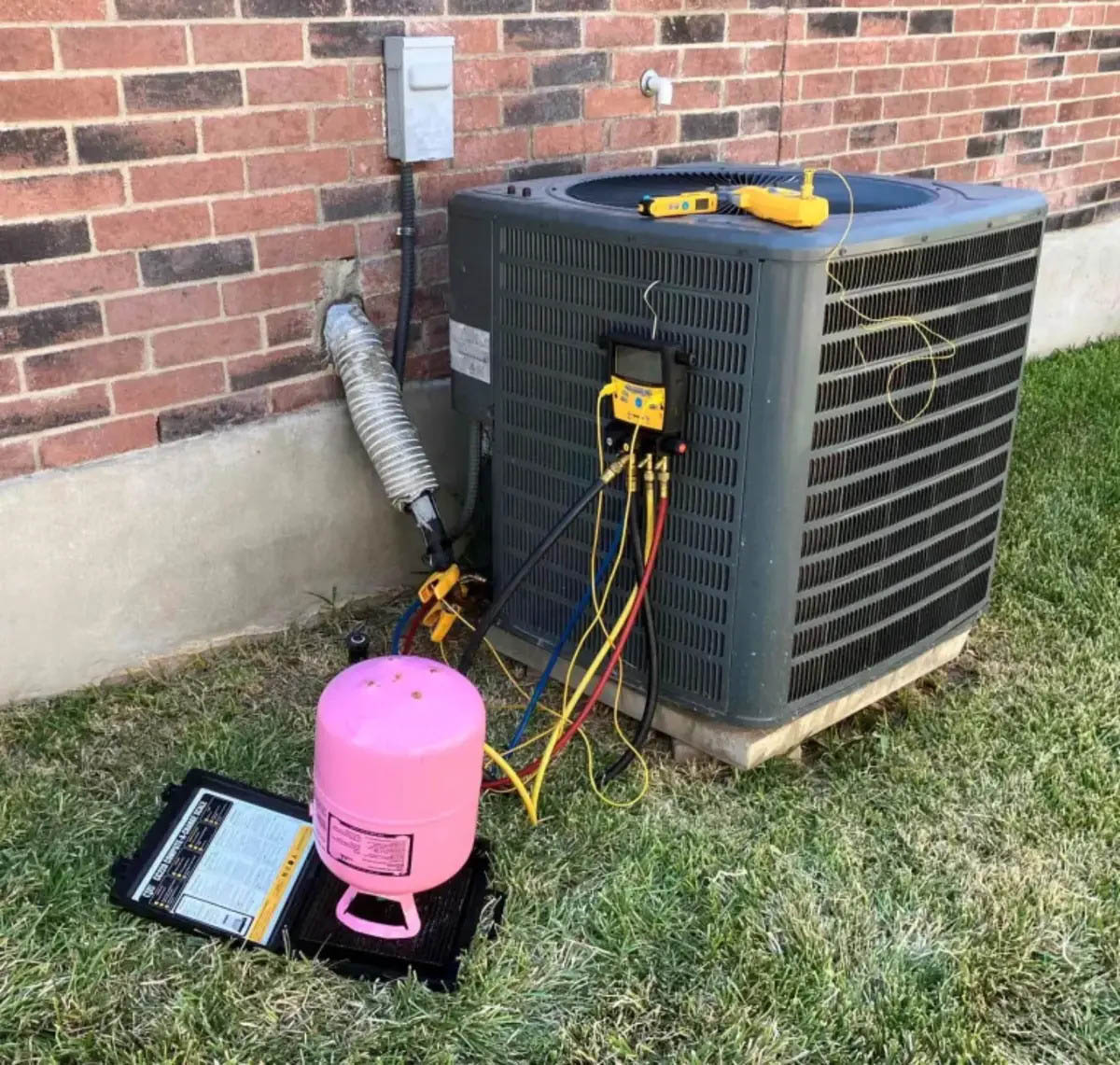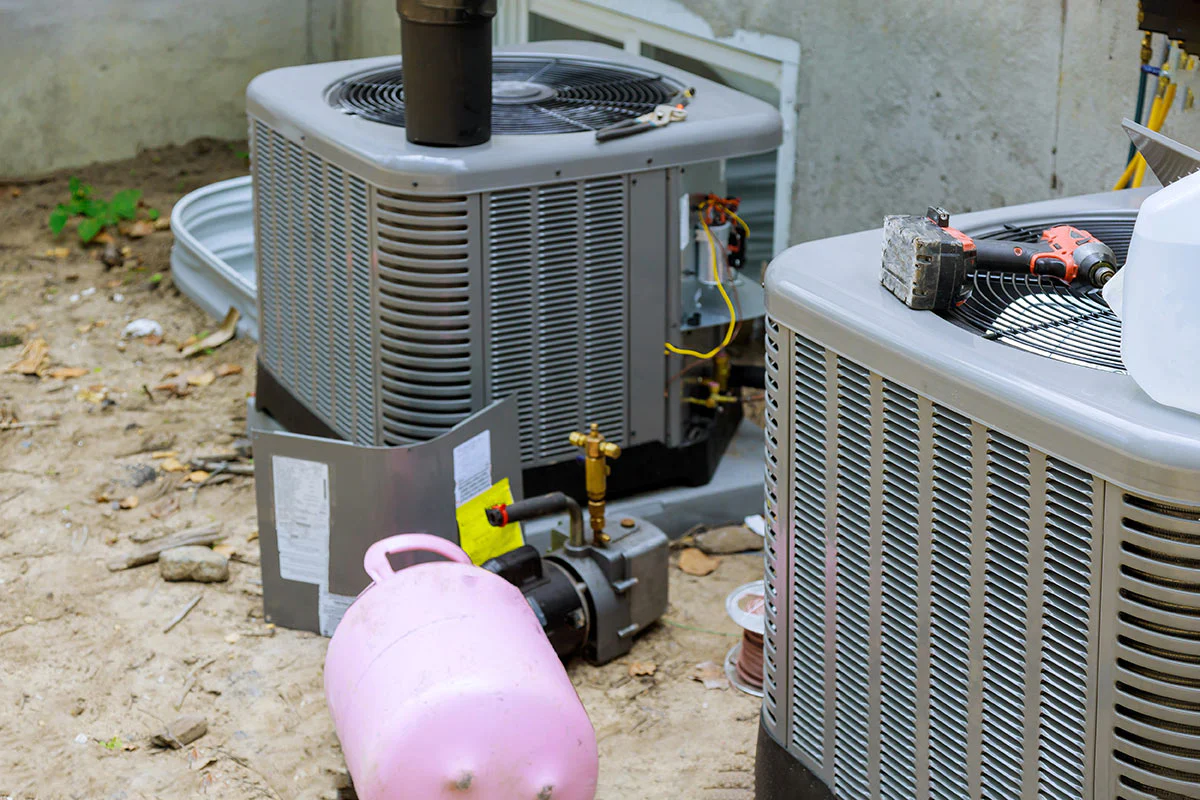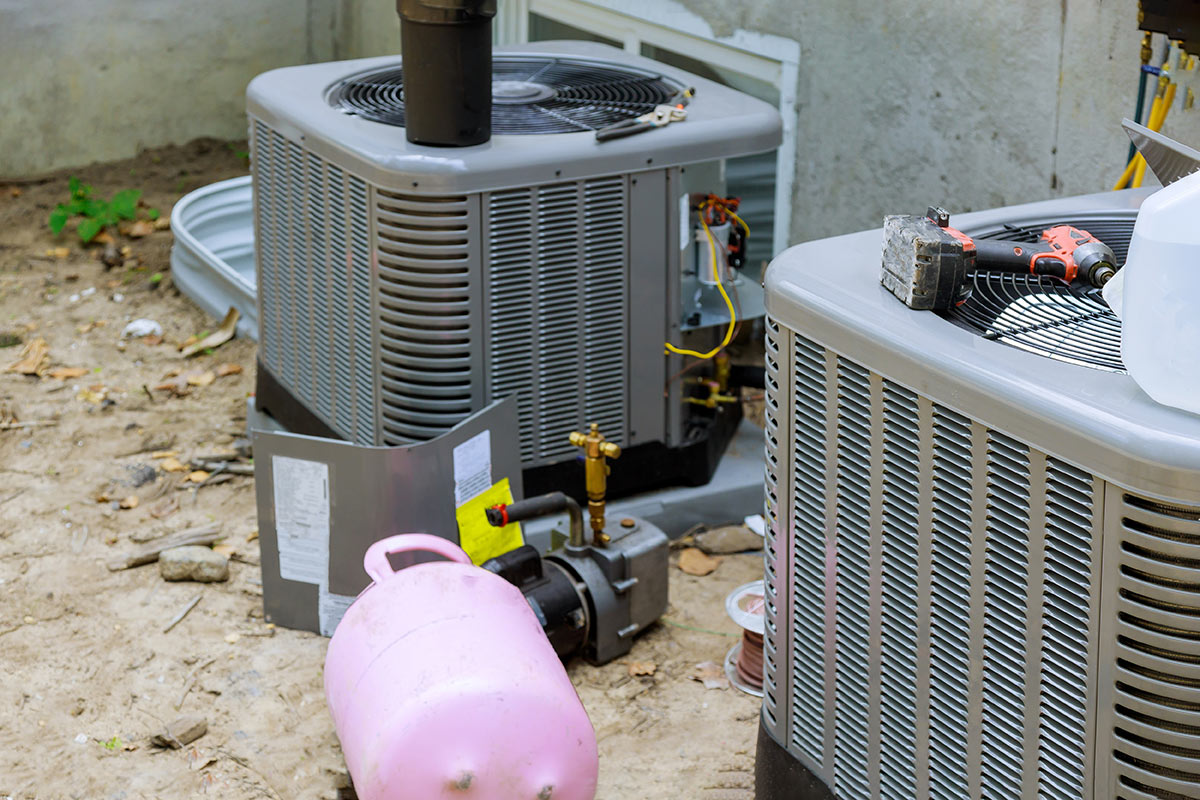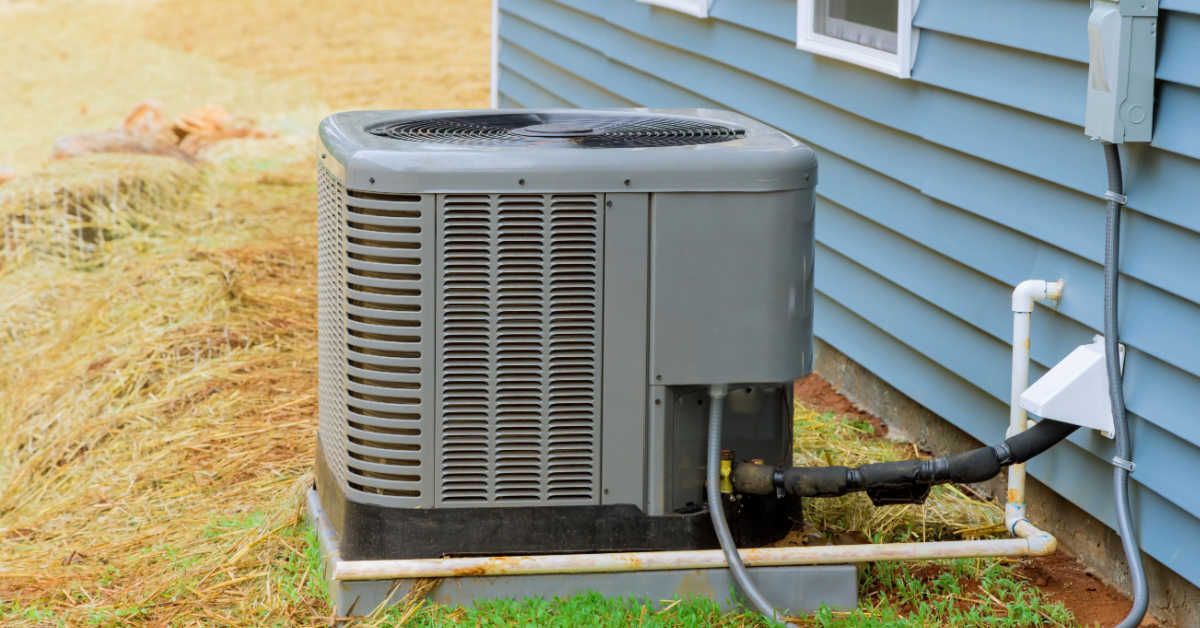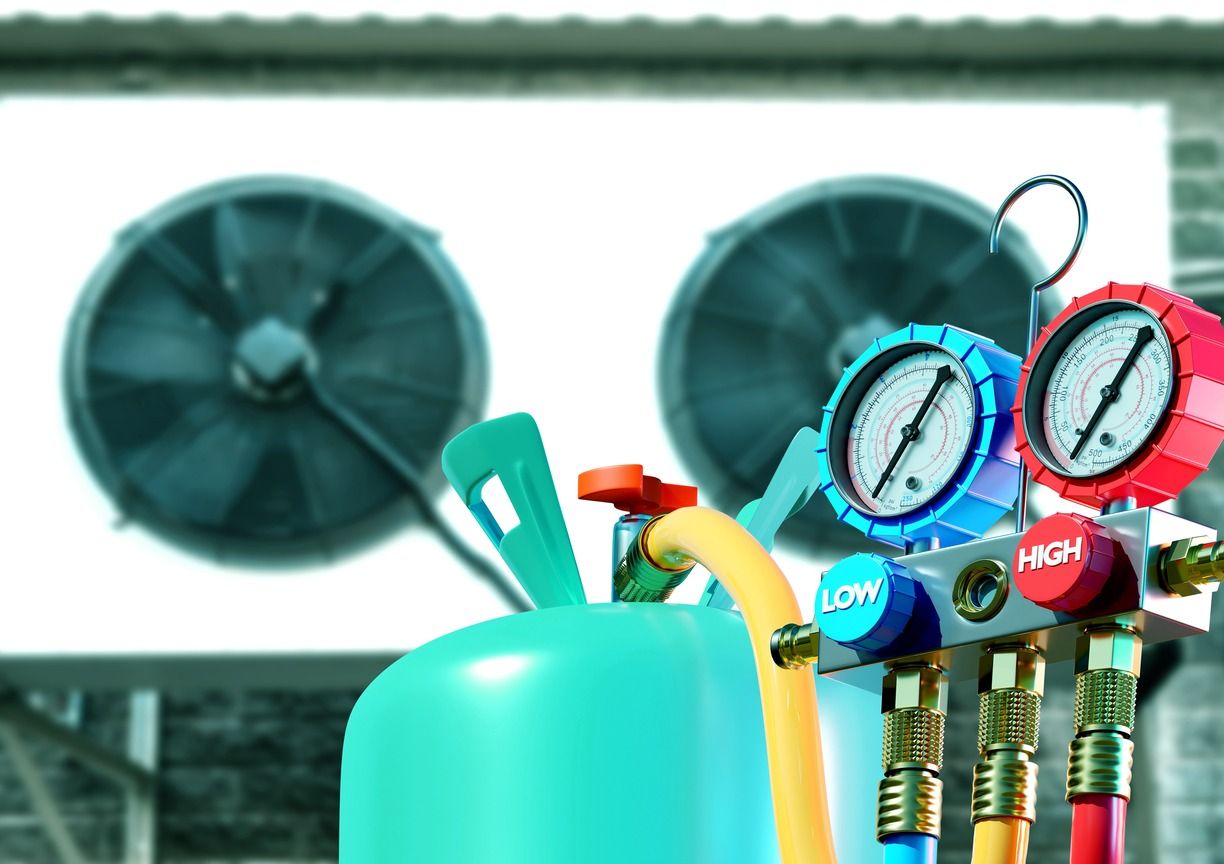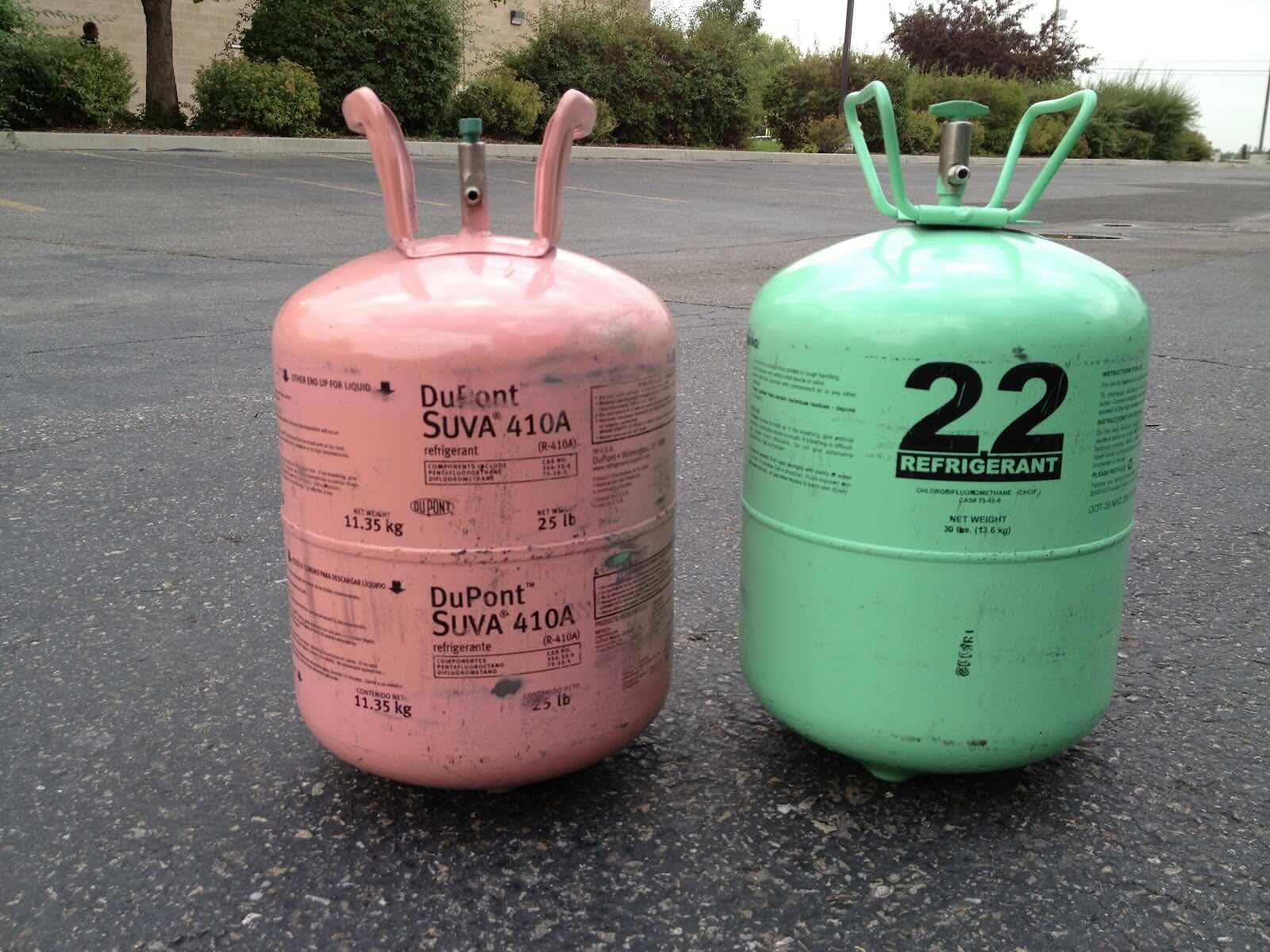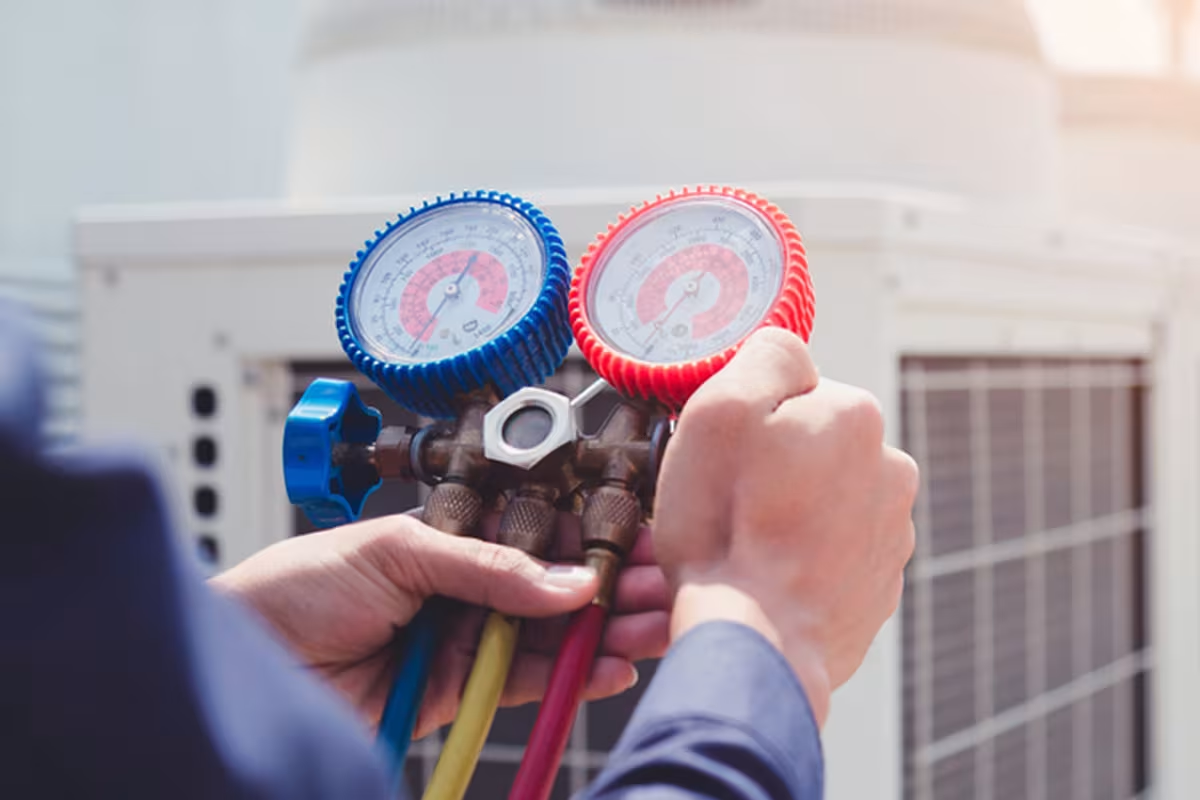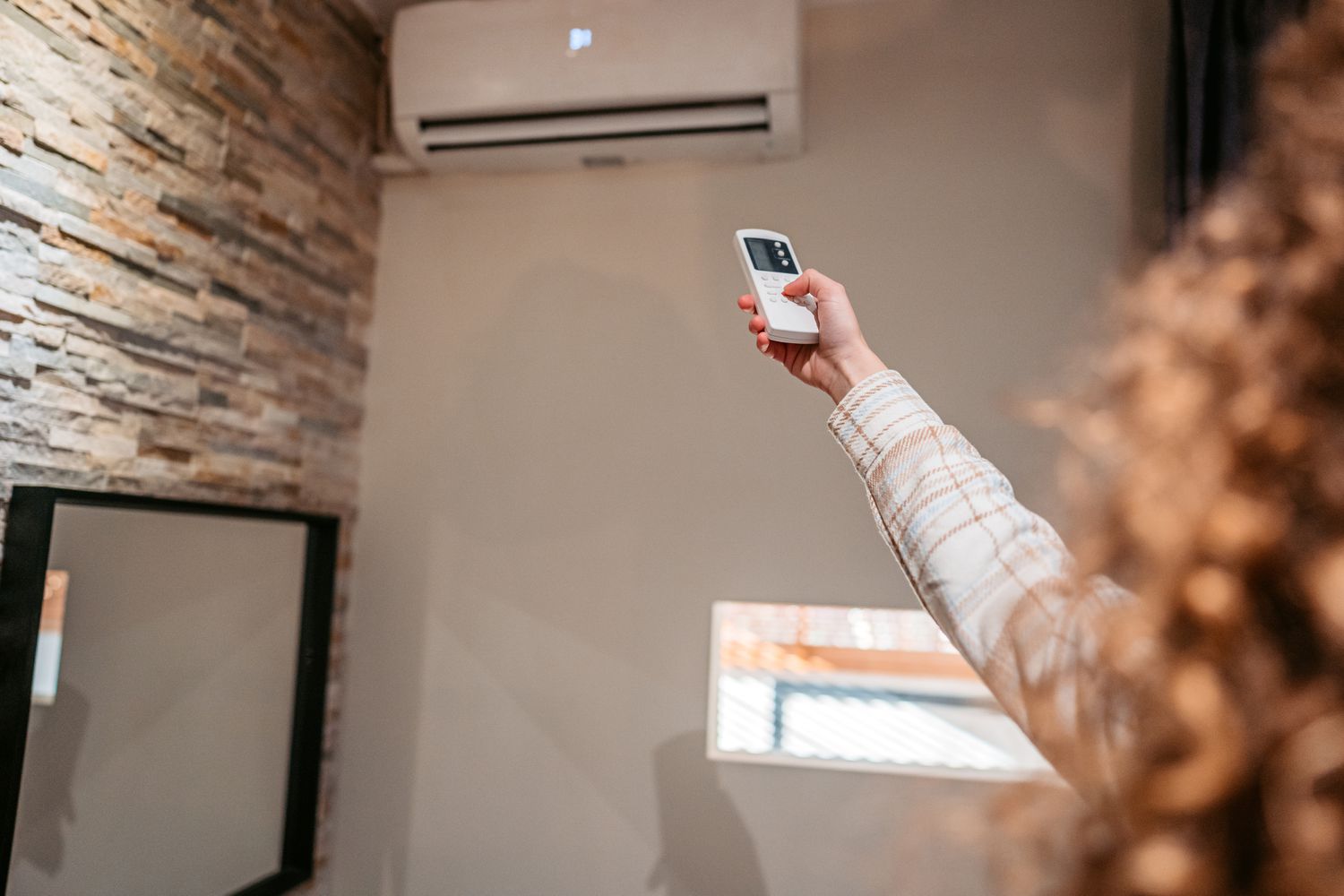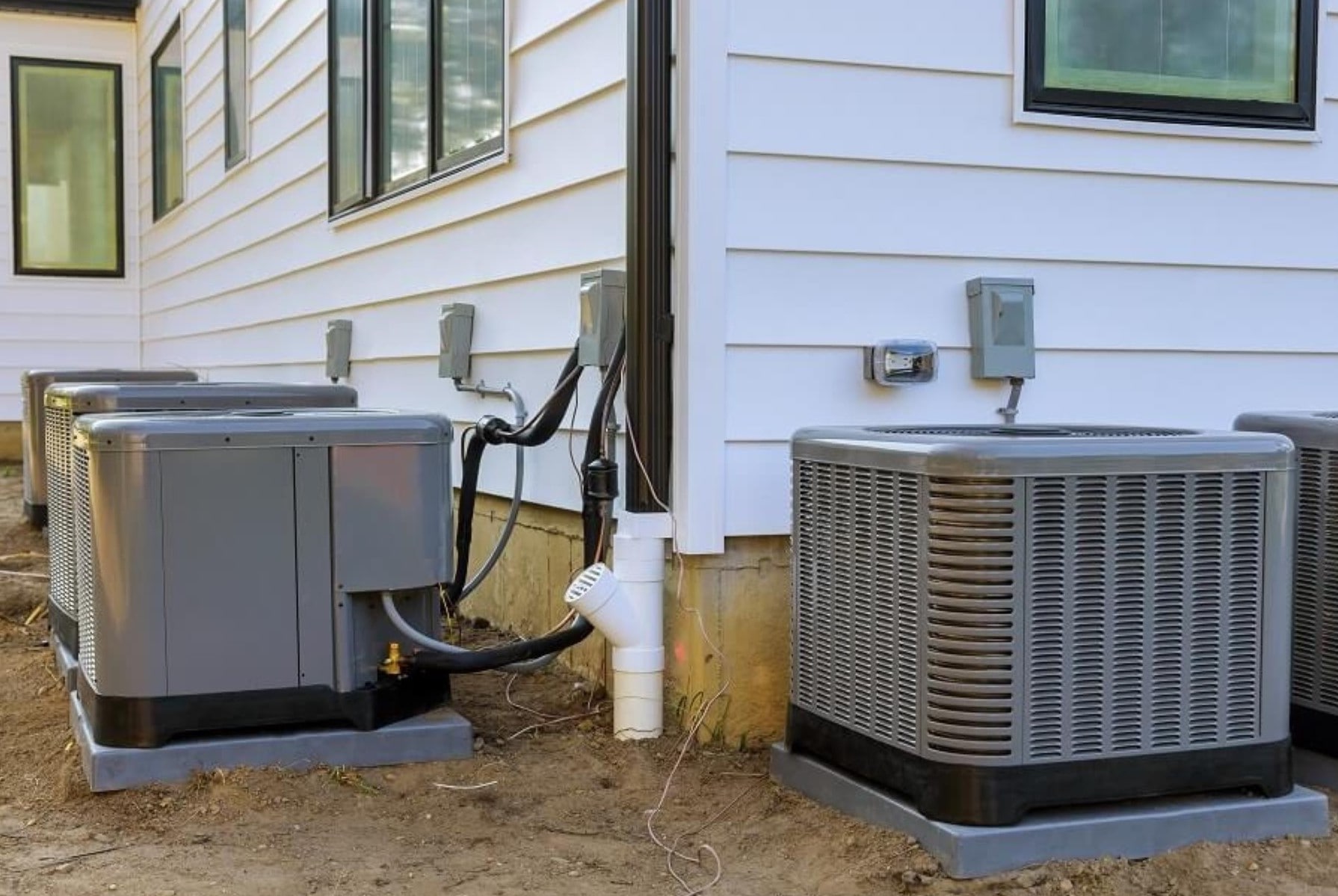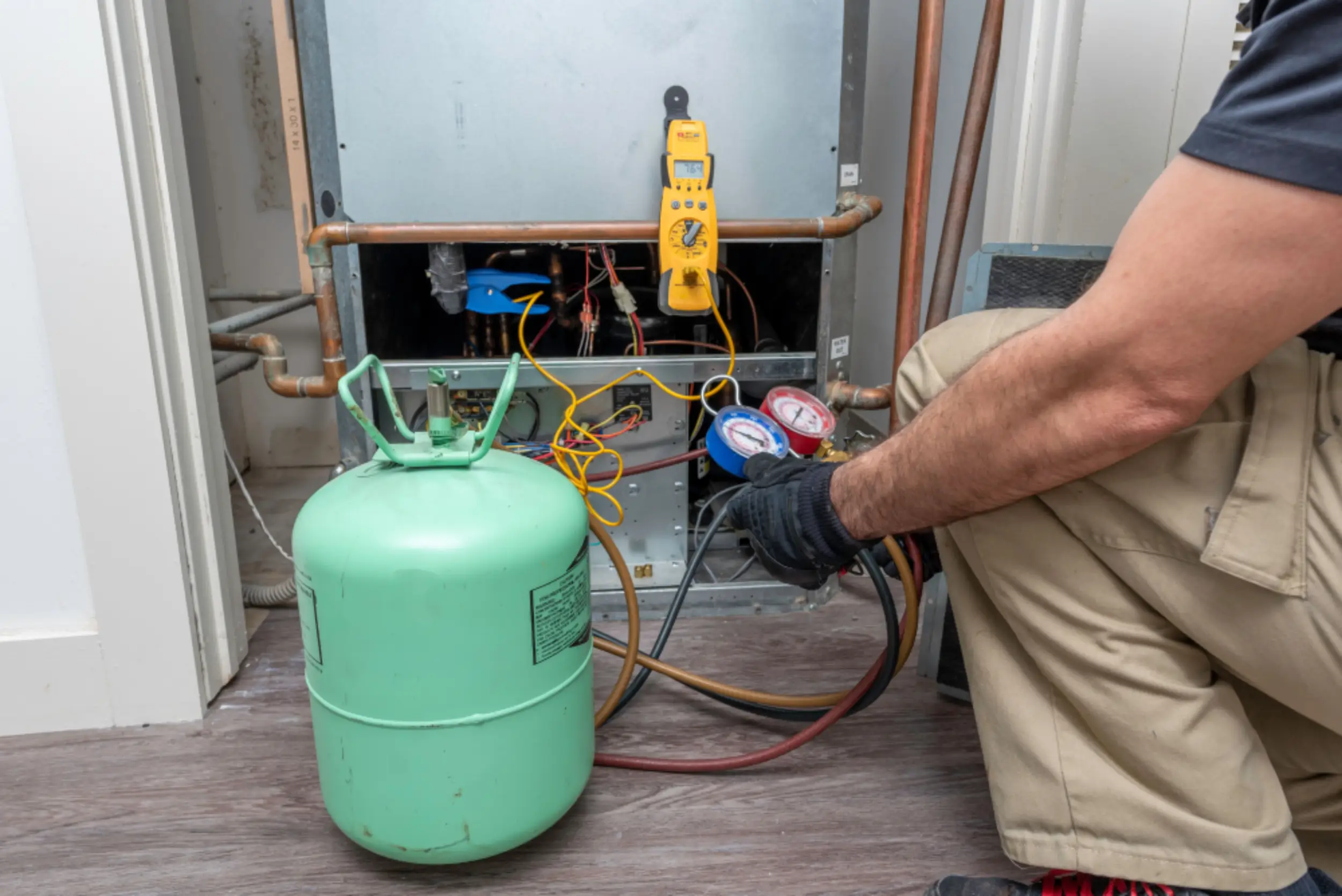Home>Home Maintenance>What Is The Cost Of Freon For An Air Conditioner
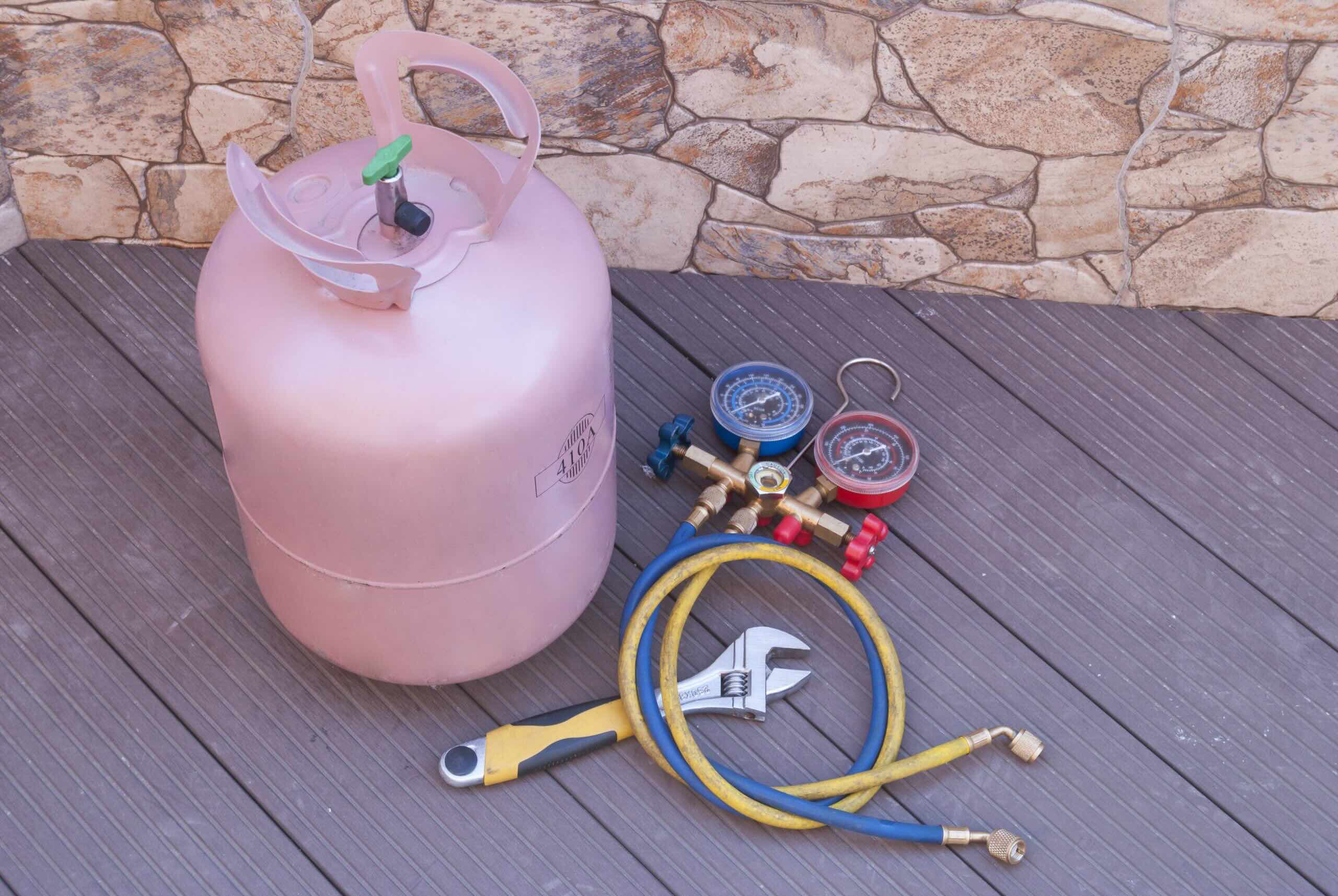

Home Maintenance
What Is The Cost Of Freon For An Air Conditioner
Modified: March 7, 2024
Find out the average cost of Freon for your air conditioner and save money on your home maintenance. Explore expert tips and advice for maintaining your AC unit.
(Many of the links in this article redirect to a specific reviewed product. Your purchase of these products through affiliate links helps to generate commission for Storables.com, at no extra cost. Learn more)
Introduction
Welcome to our comprehensive guide on the cost of Freon for an air conditioner. If you’re a homeowner or a business owner with an HVAC system, understanding the expenses associated with Freon is crucial for budgeting and maintenance purposes. Freon, also known as refrigerant, plays a vital role in cooling your space by absorbing heat from the air and transferring it outside. However, as the supply of Freon dwindles due to environmental concerns, the cost of this essential component has risen significantly over the years. In this article, we will explore the factors affecting the cost of Freon and provide you with tips for minimizing these expenses.
Key Takeaways:
- Freon costs for air conditioners can vary based on type, availability, system size, and labor. Regular maintenance and addressing leaks promptly can help minimize expenses and ensure efficient operation.
- Upgrading to R-410A, optimizing insulation, and using a programmable thermostat can reduce the need for Freon, saving money in the long run. Consulting with an HVAC professional for accurate assessments is crucial.
Understanding Freon
Before delving into the cost of Freon, it’s essential to have a basic understanding of what it is and how it works. Freon is a brand name for a type of refrigerant that is commonly used in air conditioning systems. It is classified as a hydrochlorofluorocarbon (HCFC), which is a chemical compound made up of carbon, hydrogen, chlorine, and fluorine.
The primary function of Freon in an air conditioner is to facilitate the heat transfer process. When the refrigerant absorbs heat from the indoor air, it evaporates into a gas, carrying the heat with it. The warm gas is then transported to the outdoor unit of the air conditioner, where it is condensed back into a liquid state, releasing the heat into the outside air. This cycle repeats, continually cooling the indoor space.
It’s worth noting that Freon is not consumed or depleted during this process. It is designed to be a closed-loop system, where the refrigerant is continuously recycled. However, due to leaks or other issues, some amount of Freon may escape from the system over time, necessitating the need for recharging or replenishing the refrigerant level.
Factors Affecting the Cost of Freon for an Air Conditioner
Several factors come into play when determining the cost of Freon for an air conditioner. Understanding these factors can help you anticipate and manage the expenses associated with maintaining your HVAC system. Here are the key factors that influence the cost of Freon:
- Type of Refrigerant: Different air conditioning systems require different types of refrigerants. The most common refrigerant used in older systems is R-22 (also known as HCFC-22 or Freon-22), while newer systems rely on R-410A (also known as Puron). R-22 is being phased out due to its harmful effects on the ozone layer, which has led to a significant increase in its cost. Meanwhile, R-410A is becoming the standard, and its price remains relatively stable.
- Refrigerant Availability: As mentioned earlier, the supply of Freon is decreasing due to environmental regulations. The limited availability of R-22 has driven up its price, making it more expensive compared to other refrigerants. On the other hand, since R-410A is more widely used, it is usually more readily available at a more reasonable cost.
- System Size: The size of your air conditioning system plays a role in determining how much Freon it requires. Larger systems typically require more refrigerant, resulting in higher costs to refill or recharge the system. Conversely, smaller systems will require less Freon, leading to lower costs.
- Labor Costs: When it comes to adding or replacing Freon in your air conditioner, you’ll need to consider the cost of professional labor. HVAC technicians have the expertise and equipment to handle refrigerant safely and effectively. The labor costs can vary depending on factors such as the complexity of the job, the technician’s experience, and the geographical location.
It’s important to note that the cost of Freon can vary significantly depending on these factors. Therefore, it’s a good idea to consult with a professional HVAC technician to get an accurate assessment of the specific costs for your system.
Average Price of Freon
The average price of Freon can fluctuate depending on various factors such as geographic location, the type of refrigerant, and market demand. However, it can be helpful to have a general idea of the cost range to anticipate potential expenses. Please keep in mind that these figures are approximate and can vary:
- R-22 (Freon-22): Due to its phase-out and limited availability, the average price of R-22 has significantly increased over the years. As of the time of writing, the price range for R-22 can be anywhere from $50 to $150 per pound. It’s important to note that the costs associated with R-22 are expected to continue rising as the supply decreases.
- R-410A (Puron): Being more widely used and readily available, the average price of R-410A is relatively lower compared to R-22. On average, R-410A can range from $20 to $50 per pound. However, it’s important to keep in mind that these prices can vary depending on factors such as location and market conditions.
It’s crucial to consult with an HVAC professional to determine the specific type of refrigerant your system requires and the current market rates in your area. They will be able to provide you with an accurate estimate of the cost of Freon for your air conditioner.
Regular maintenance and timely repairs can help prevent Freon leaks in your air conditioner, saving you money on costly refills. Keep an eye on your system’s performance and address any issues promptly to avoid excessive Freon usage.
Additional Costs Associated with Freon
When considering the cost of Freon for your air conditioner, it’s important to be aware of potential additional expenses that may arise. These costs can vary depending on the specific circumstances and requirements of your system. Here are some common additional costs associated with Freon:
- Diagnostic Fee: If you suspect a refrigerant leak or low Freon levels in your air conditioner, you may need to call an HVAC technician to diagnose the issue. They will perform tests and inspections to identify the source of the problem. Diagnostic fees typically range from $50 to $150, depending on the complexity of the job and the technician’s rates.
- Repair Costs: In some cases, low Freon levels may be caused by a leak or other issues within the air conditioning system. Repairing these issues can incur additional costs. The exact repair costs will depend on the nature of the problem and the necessary repairs or replacements.
- Recharging Fee: When your air conditioner requires additional Freon, the HVAC technician will need to recharge the system with the appropriate amount of refrigerant. The recharging process involves safely adding the Freon to the system and testing for proper operation. Recharging fees can range from $150 to $500, depending on factors such as the amount of refrigerant needed and the complexity of the job.
- Maintenance Plans: Many HVAC service providers offer maintenance plans that include regular inspections, cleanings, and tune-ups for your air conditioning system. These plans can help prolong the lifespan of your equipment and ensure efficient operation. However, they may involve additional costs beyond the initial purchase of Freon.
It’s crucial to budget for these potential additional costs associated with Freon. Regular maintenance and prompt repair of any issues can help minimize the need for frequent recharges and reduce overall expenses in the long run.
Read more: Where To Get Freon For An Air Conditioner
Ways to Minimize the Cost of Freon
While the cost of Freon for an air conditioner can add up, there are several steps you can take to minimize these expenses. By adopting these practices, you can save money and ensure your HVAC system operates efficiently:
- Regular Maintenance: Schedule regular maintenance for your air conditioner to ensure it is in good working condition. Routine inspections can help identify potential issues early on, reducing the risk of refrigerant leaks and costly repairs.
- Address Leaks Promptly: If you suspect a refrigerant leak, it’s crucial to address it promptly. Even small leaks can lead to a significant loss of Freon over time. Have an HVAC professional locate and seal any leaks to prevent further refrigerant loss.
- Upgrade to R-410A: If your air conditioner uses R-22 (Freon-22), consider upgrading to a newer system that utilizes R-410A (Puron). While the upfront cost may be higher, R-410A is more environmentally friendly, readily available, and potentially more cost-effective in the long run.
- Optimize Insulation: Proper insulation in your home or business can help reduce the workload on your air conditioner. This, in turn, can minimize the need for continuous operation and decrease the amount of Freon required to cool your space.
- Keep Air Filters Clean: Regularly clean or replace the air filters in your HVAC system. Dirty or clogged filters can restrict airflow, leading to decreased efficiency and increased strain on the system, potentially resulting in higher Freon consumption.
- Consider a Programmable Thermostat: Installing a programmable thermostat allows you to set temperature schedules and adjust cooling levels based on your schedule. This helps optimize energy usage and reduce the strain on your air conditioner, ultimately minimizing the need for additional Freon.
By implementing these practices, you can maximize the efficiency of your air conditioning system, reduce the risk of Freon loss, and lower your overall expenses.
Conclusion
Understanding the cost of Freon for an air conditioner is essential for homeowners and business owners alike. As the supply of Freon dwindles due to environmental concerns, the cost of this refrigerant has increased significantly over the years. Factors such as the type of refrigerant, availability, system size, and labor costs can influence the overall expense.
On average, the price of R-22 (Freon-22) is higher compared to R-410A (Puron) due to its limited availability. Additionally, there may be additional costs associated with diagnosing and repairing leaks, recharging the system, and maintenance plans.
To minimize the cost of Freon, it is recommended to schedule regular maintenance, promptly address any leaks, consider upgrading to a system that utilizes R-410A, optimize insulation, keep air filters clean, and use a programmable thermostat.
It’s important to consult with an HVAC professional to determine the specific requirements and costs for your air conditioning system. They can provide accurate assessments, offer guidance, and help you make informed decisions regarding the purchase and maintenance of Freon.
By implementing these cost-saving practices and staying proactive with maintenance, you can ensure your air conditioner operates efficiently while minimizing the expenses associated with Freon.
Frequently Asked Questions about What Is The Cost Of Freon For An Air Conditioner
Was this page helpful?
At Storables.com, we guarantee accurate and reliable information. Our content, validated by Expert Board Contributors, is crafted following stringent Editorial Policies. We're committed to providing you with well-researched, expert-backed insights for all your informational needs.
